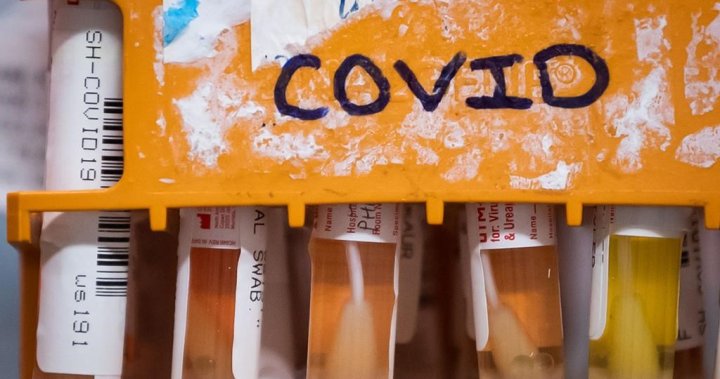Gayle Robin was surprised when her sister in California tested positive for COVID-19 in early July because she didn’t expect it during the summer. A week later, Robin woke up feeling sick and tested positive for COVID-19 after assuming it was just a summer cold. Since then, Robin and many people around her, including her partner, his family, and her friends and co-workers in both Canada and the U.S., have all contracted COVID-19. This surge in cases is attributed to a summer wave of the virus, as noted by Dr. Andrew Pinto from St. Michael’s Hospital, who has seen an increase in patients with COVID-19.
While respiratory pathogens like influenza and RSV typically spread in cold, dry air indoors, COVID-19 has been surprising experts by spreading even in the summer. According to Dr. Fahad Razak, coronaviruses historically do not follow a seasonal pattern and can spread year-round. Factors such as gatherings, social events, and people seeking shelter indoors during extreme hot weather can contribute to the spread of the virus. Additionally, individual immunity to COVID-19 may have decreased since vaccination and non-compliance with vaccines in the past fall and winter, leading to the current summer wave.
Despite the lower number of severe cases, vulnerable populations such as seniors and immunocompromised individuals can still suffer serious illness from COVID-19. It is crucial to differentiate between a summer cold and COVID-19, especially to protect vulnerable individuals from exposure to the virus. Taking precautions such as avoiding close contact with high-risk individuals, getting tested for COVID-19 promptly, and considering antiviral medications like Paxlovid if necessary are important steps in preventing severe illness. Timing vaccines and maximizing protection against the virus is also essential, as the effectiveness of immunization is highest at least three months after the last infection or vaccination.
The Public Health Agency of Canada is working on COVID-19 vaccines targeted towards recent variants for the fall. Health Canada is reviewing mRNA vaccines and protein subunit vaccines designed to target specific strains of the virus. Getting tested for COVID-19 to confirm infection status is crucial for timing vaccines and maximizing protection. Identifying and treating COVID-19 promptly is beneficial in preventing severe illness and reducing transmission of the virus, particularly during the ongoing summer wave. The collaboration between healthcare professionals, researchers, and government agencies is essential in developing effective strategies to control the spread of the virus and protect vulnerable populations.


